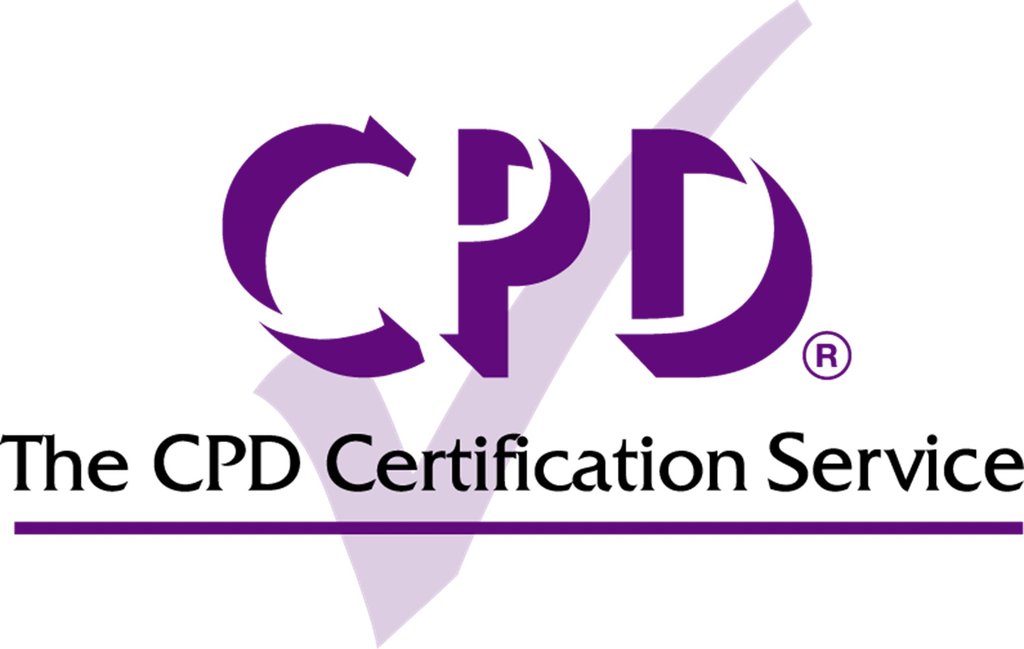Early Intervention and Eating Disorders Workshop
**This Beat Workshop took place on 3rd May 2022**
Our Early Intervention and Eating Disorders Workshop has finished. It was an incredible day of knowledge shared and stories told. Thank you to those who joined us. Don't worry if you missed out, we have a fantastic series of workshops still to come. You can see what we have planned here
We hope to see you soon!
The Beat Events Team.
Join Beat, Professor Ulrike Schmidt, Dr Helen Sharpe, Dr Fiona Duffy and other experts to learn about, discuss and take away practical approaches related to early intervention and eating disorders.
This workshop will cover:
- What eating disorder services can learn from other intervention models in other fields,
- The role of brief interventions, task sharing and technology,
- And will consider authentic early intervention in different community settings. It will also explore how to reach underserved groups and relevant policy initiatives.
Read more about early intervention here
The event will be based on a series of short presentations and discussions on key areas of interest, all informed by lived experience and clinical expertise.
Date: Thursday 11th May 2023
Time: 13:30 - 17:00
Bookings for this workshop have now closed. If you missed out and would like a ticket, please email our events team on events@beateatingdisorders.org.uk or call 01603 753310. We are unable to guarantee a place on the workshop and a late admin fee of £80 may apply.
Find out more about our programme and speakers!
Why attend?
This 4 hour virtual workshop is designed for clinical professionals, academics, carers and other family members. We have an exciting and programme planned. Here's a snapshot of what's to come:
- Hear from and interact with leading experts in the field on insights gained from clinical practice and research.
- Hear from those with lived experience
- Opportunities to discuss and debate with others
- Recorded sessions so content can be accessed for up to a month after the event.
Who should attend?
This event is primarily targeted at healthcare professionals and people responsible for shaping and commissioning eating disorder services. It may also be of interest to students, anyone who is caring for someone with an eating disorder, and school or university staff.
Beat’s Virtual Events Terms and Conditions
Did you miss out? Sign up to our mailing list and you'll be the first to know about our future events!

This workshop is CPD accredited
Did you miss out? Sign up to our mailing list and be the first to know about our future events.